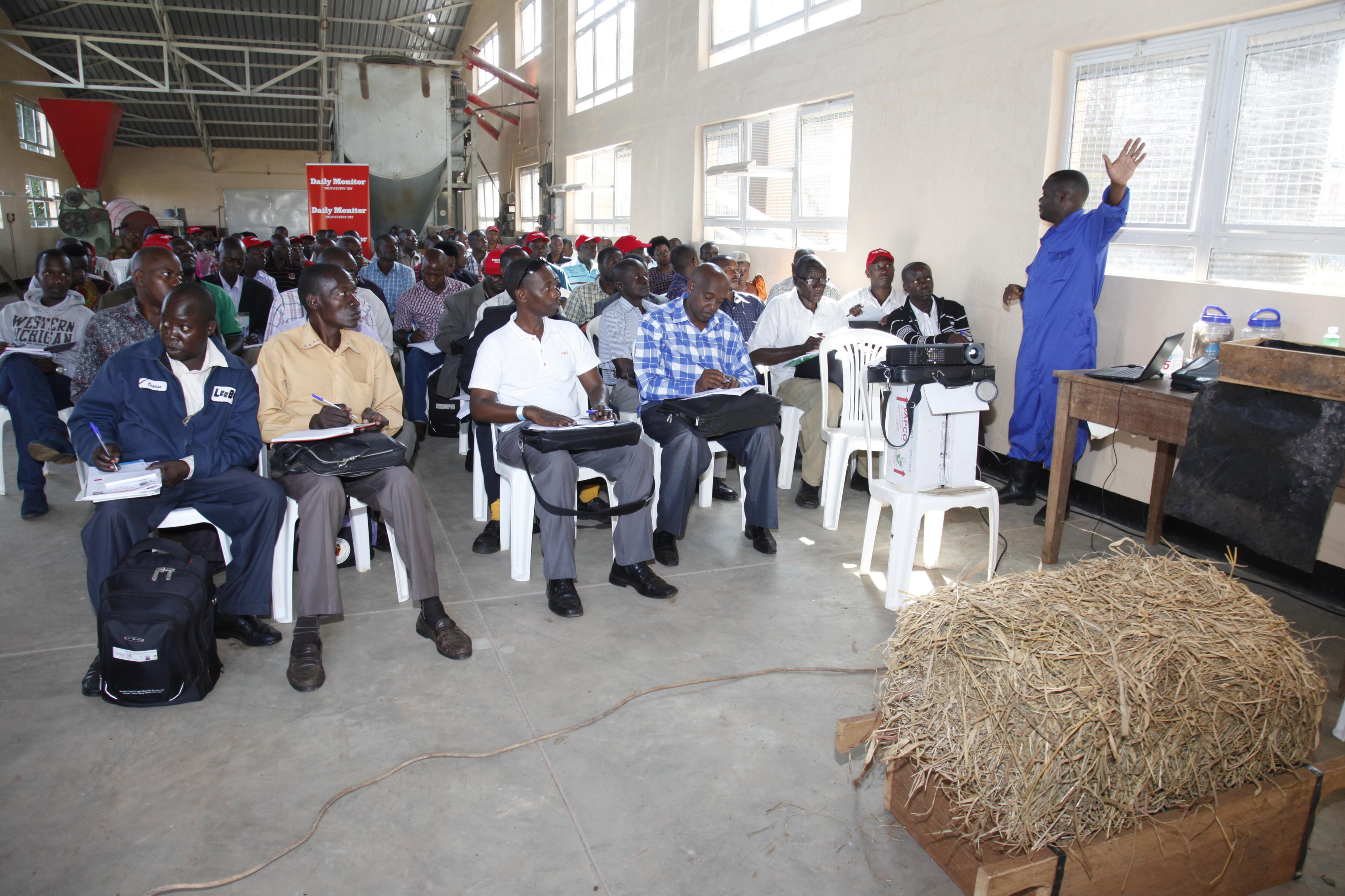Commercial agriculture is a key economic driver

Uganda Breweries Managing Director Andrew Kilonzo
What you need to know:
- In 2021, agriculture contributed around 23.84 percent to Uganda’s GDP, with 27.15 percent coming from the industry, and 41.85 percent from the services sector.
On June 13, Finance minister Matia Kasaija delivered a Budget Speech for the Shs72 trillion National Budget for the Financial Year 2024/2025, under the theme “Full monetisation of Uganda’s economy through commercial agriculture, industrialization, expanding and broadening services, digital transformation and market access.”
This theme is timely because it speaks to the government's commitment to commercial agriculture to enhance production and productivity and improve access to Uganda’s agricultural products in regional and international markets.
To facilitate this growth, Shs2.642 trillion has been allocated in the FY2024/2025 to wealth creation investments, including commercial agriculture, value addition, Agriculture Credit Facility, and recapitalisation of Uganda Development Bank to boost the agriculture sector.
The minister said this Budget is the fifth and, therefore, the last to implement the National Development Plan III, whose key targets for the agro-industrialization programme included increasing the total value of exports of processed agricultural commodities from $935m to $2.7b, increasing the agricultural sector growth rate from 3.8 percent to 6 percent, and increasing the number of jobs created per annum in the agro-industry value chain by 180,000.
The role that the private sector players, particularly agro-processors like Uganda Breweries, is to complement government efforts in commercial agriculture by providing inputs and extension services, as well as providing a market for agricultural products.
For several years, Uganda Breweries has had in place the Farm for Success project, which injects more than Shs50b annually into farming communities and value chains that supply raw materials to the brewery. Under the programme, the organisation works with 40,000 farmers and the number will potentially reach 50,000 by 2030 under the Diageo Society 2030: Spirit of Progress agenda.
World Bank data indicates that in 2019, 72.13 percent of Ugandans were employed in the agriculture sector.
In 2021, agriculture contributed around 23.84 percent to Uganda’s GDP, with 27.15 percent coming from the industry, and 41.85 percent from the services sector.
Other challenges that have kept the agriculture sector below its potential include the limited use of modern farming methods and access to cheap credit; the weather is increasingly volatile yet few farmers use irrigation. According to the Uganda National Household Survey 2019/2020, about 3.5 million households are in the subsistence economy.
The proportions do not differ from that of 2016/2017. According to the Uganda Bureau of Statistics , of the 3.5 million households in the subsistence economy, 62 percent were engaged mainly in subsistence agriculture, 24 percent were in income-generating activities, 12 percent were earning a wage/salary and two percent were not working at all. Commercial agriculture is the best solution to bring more Ugandans into the money economy.
I am glad that for the agricultural sector, the government in the next financial year has prioritised more support towards agricultural mechanisation, increased investments for small and large irrigation systems, particularly solar-powered irrigation, and support to seed multiplication and agricultural credit support to large-scale commercial farmers to ensure food security and increased exports.
In conclusion, commercial agriculture and agro-industrialisation are indispensable drivers of economic development. Their combined efforts enhance productivity, increase employment, improve livelihoods, and contribute to economic growth. While the government’s efforts in ensuring commercial agriculture are commendable, it should incentivise businesses that support agriculture and give them favourable tax regimes because of their impact on the uptake of agricultural products for agro-processing.
By embracing and investing in these sectors, countries can harness the full potential of agriculture, create sustainable value chains, and transform their economies for the better.
The writer, Andrew Kilonzo is the managing director of Uganda Breweries Ltd




